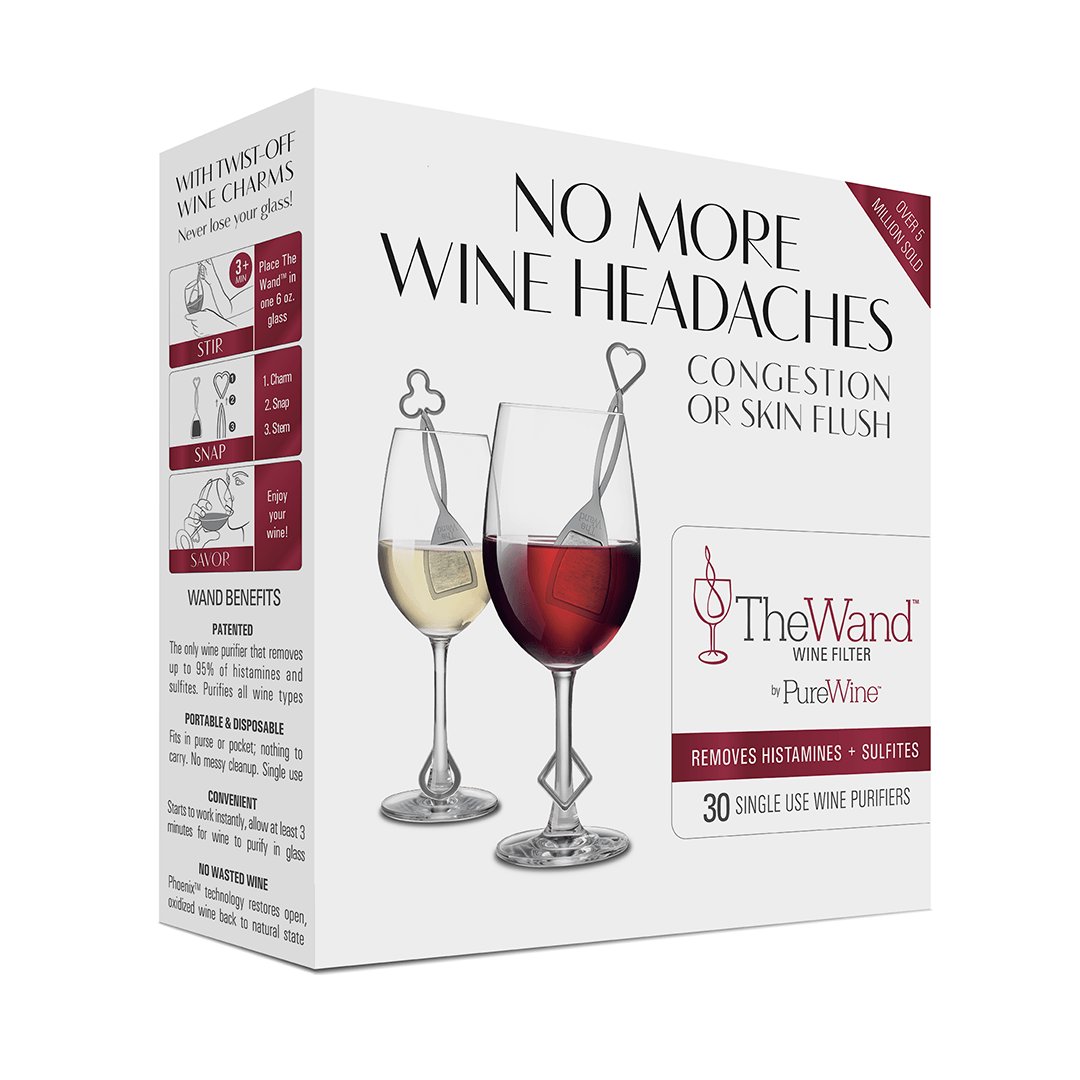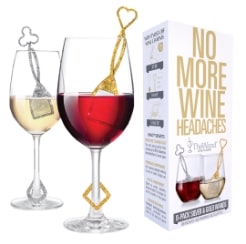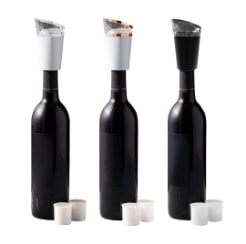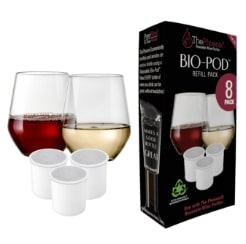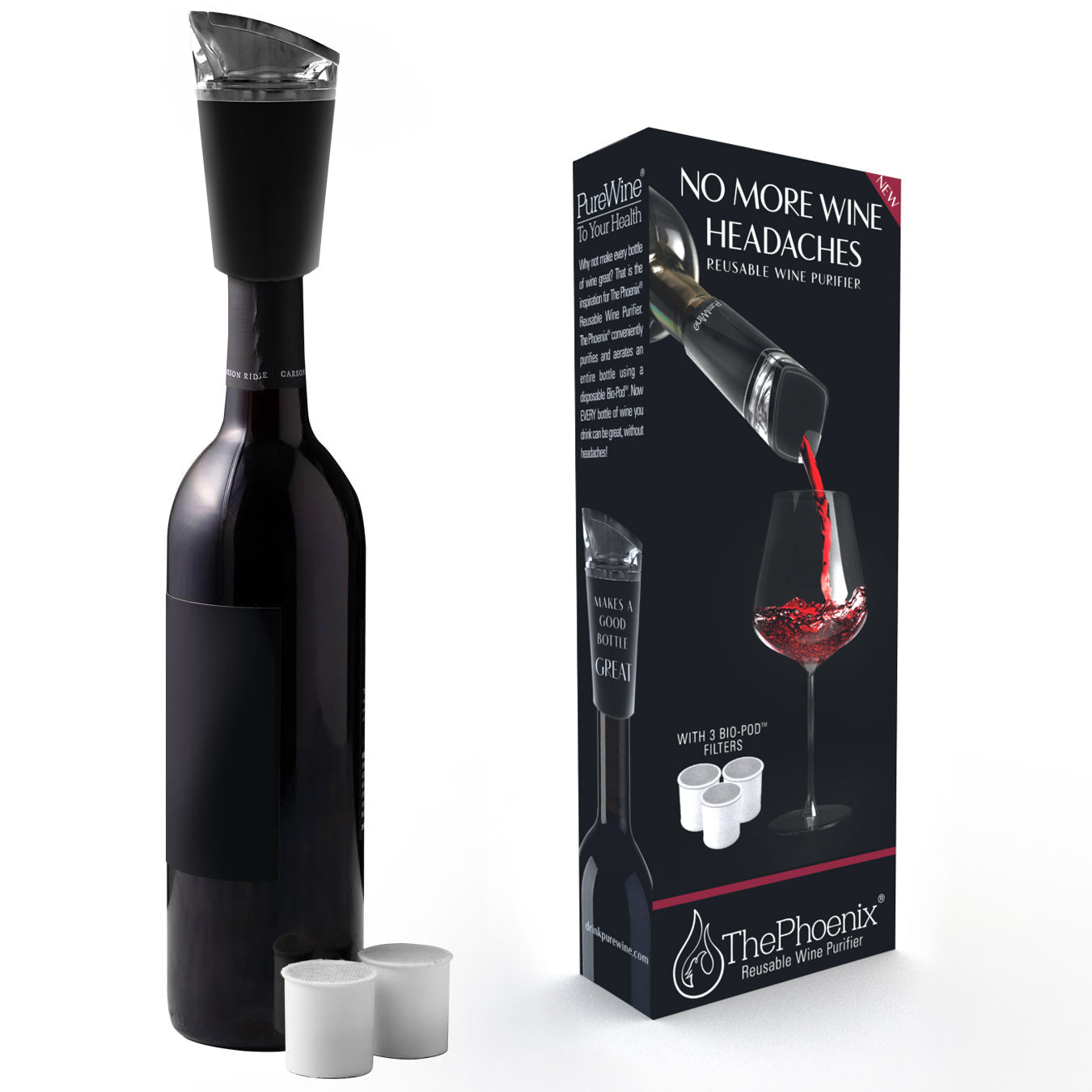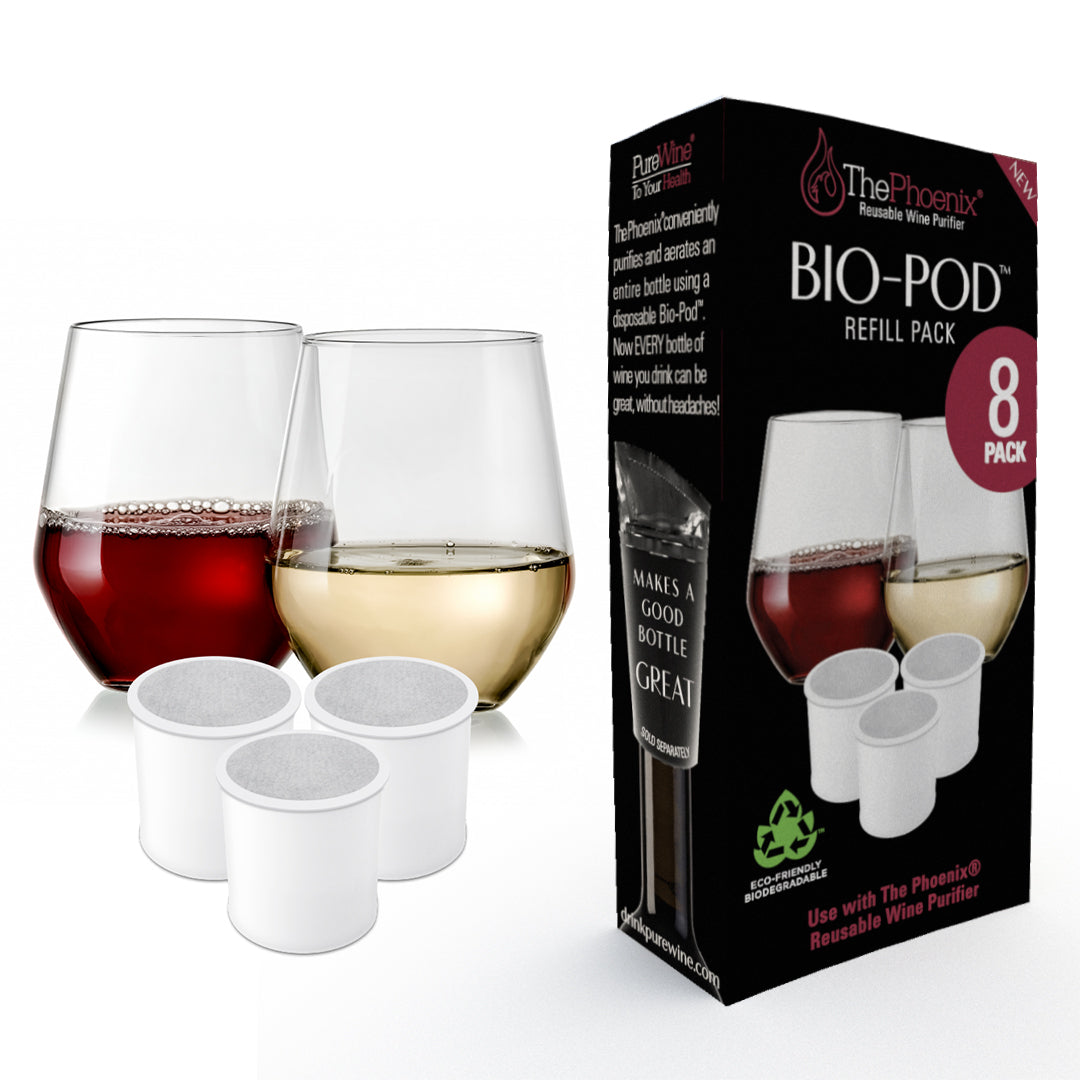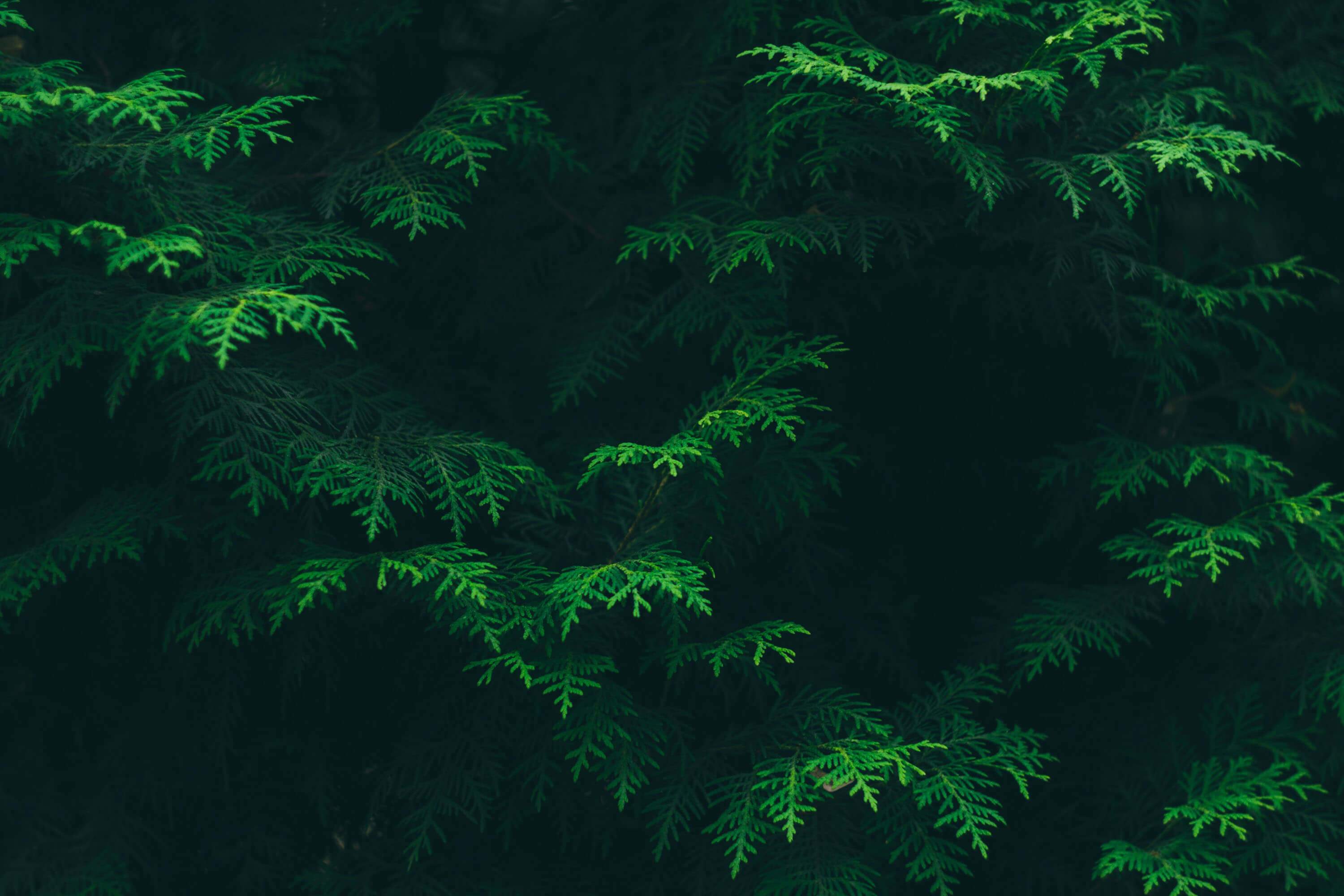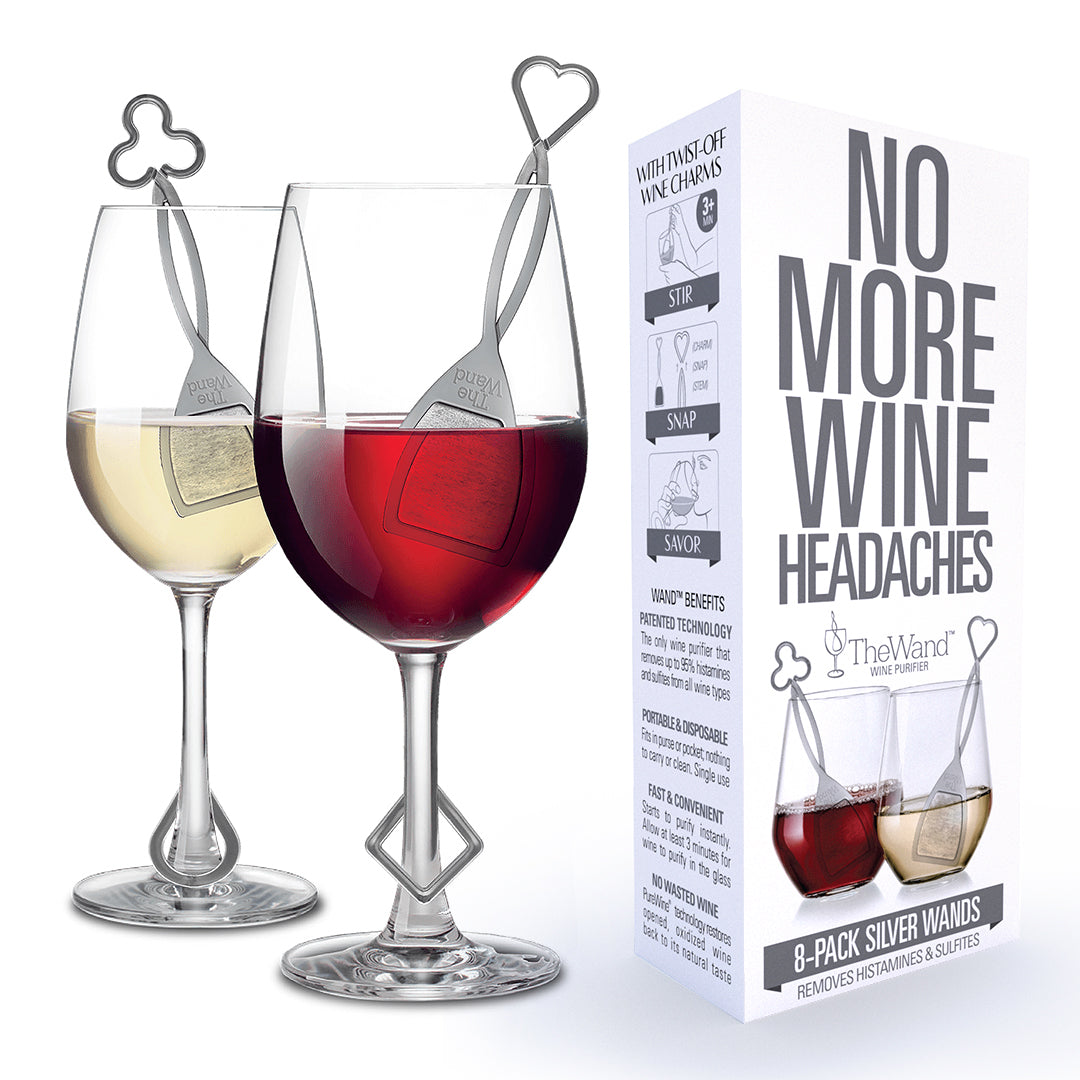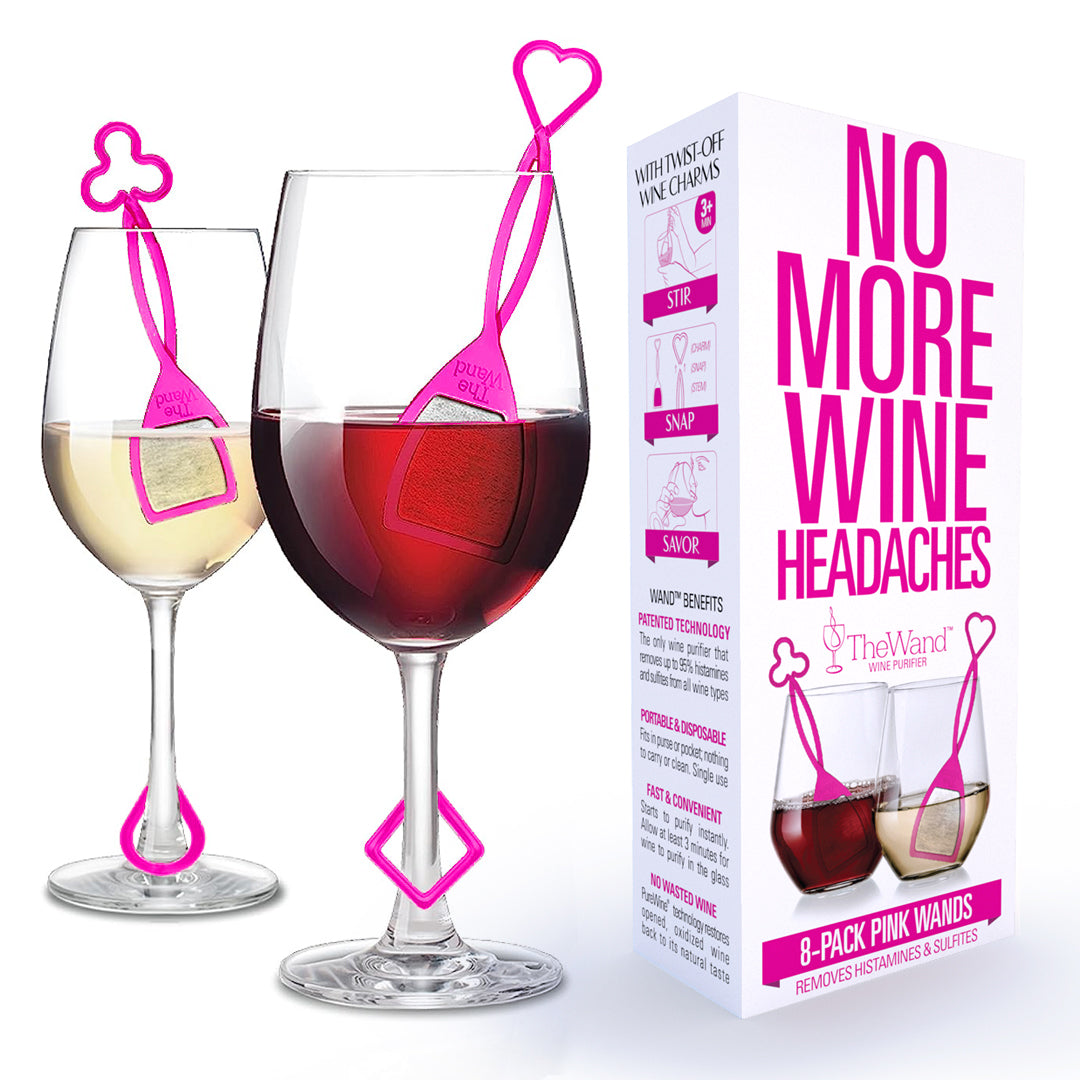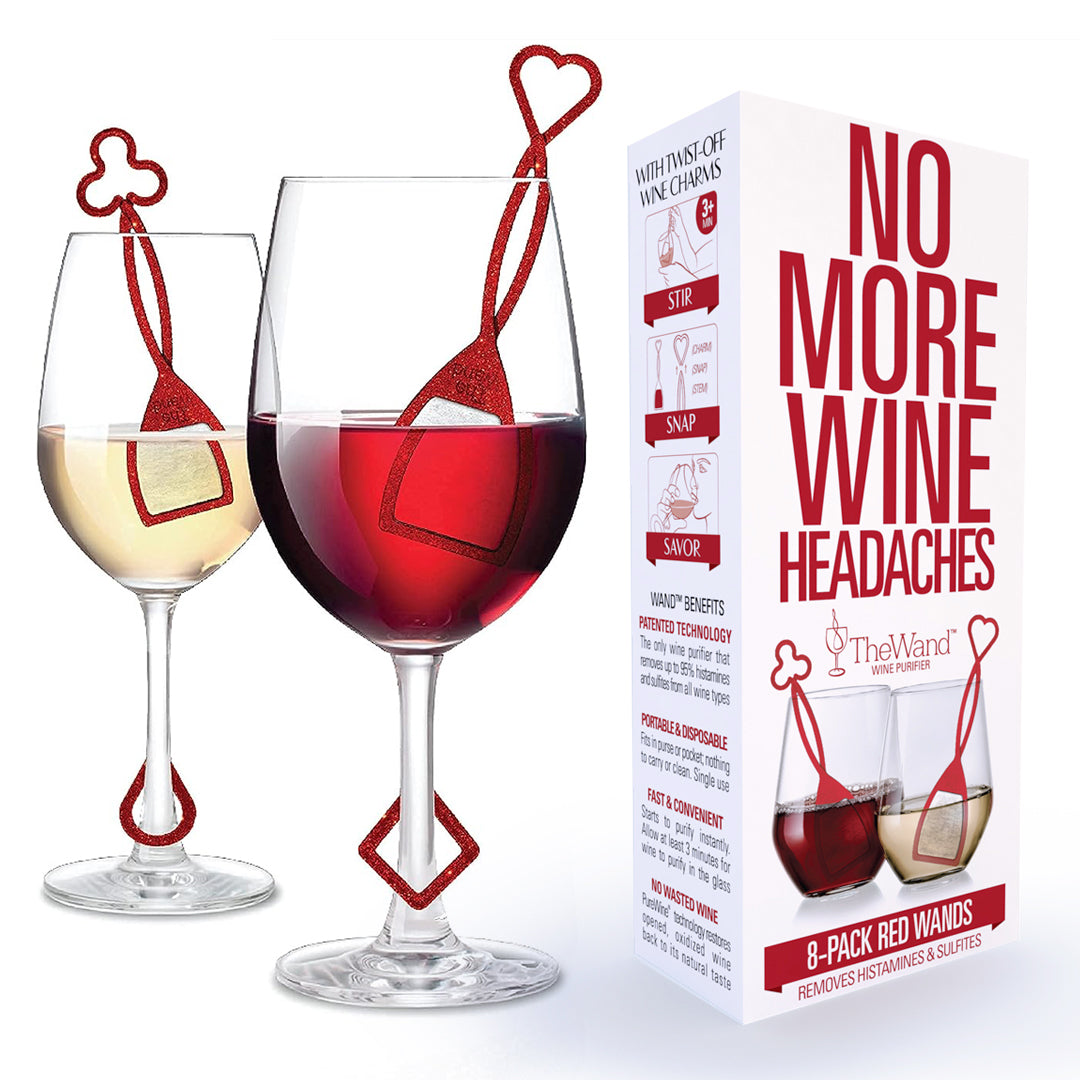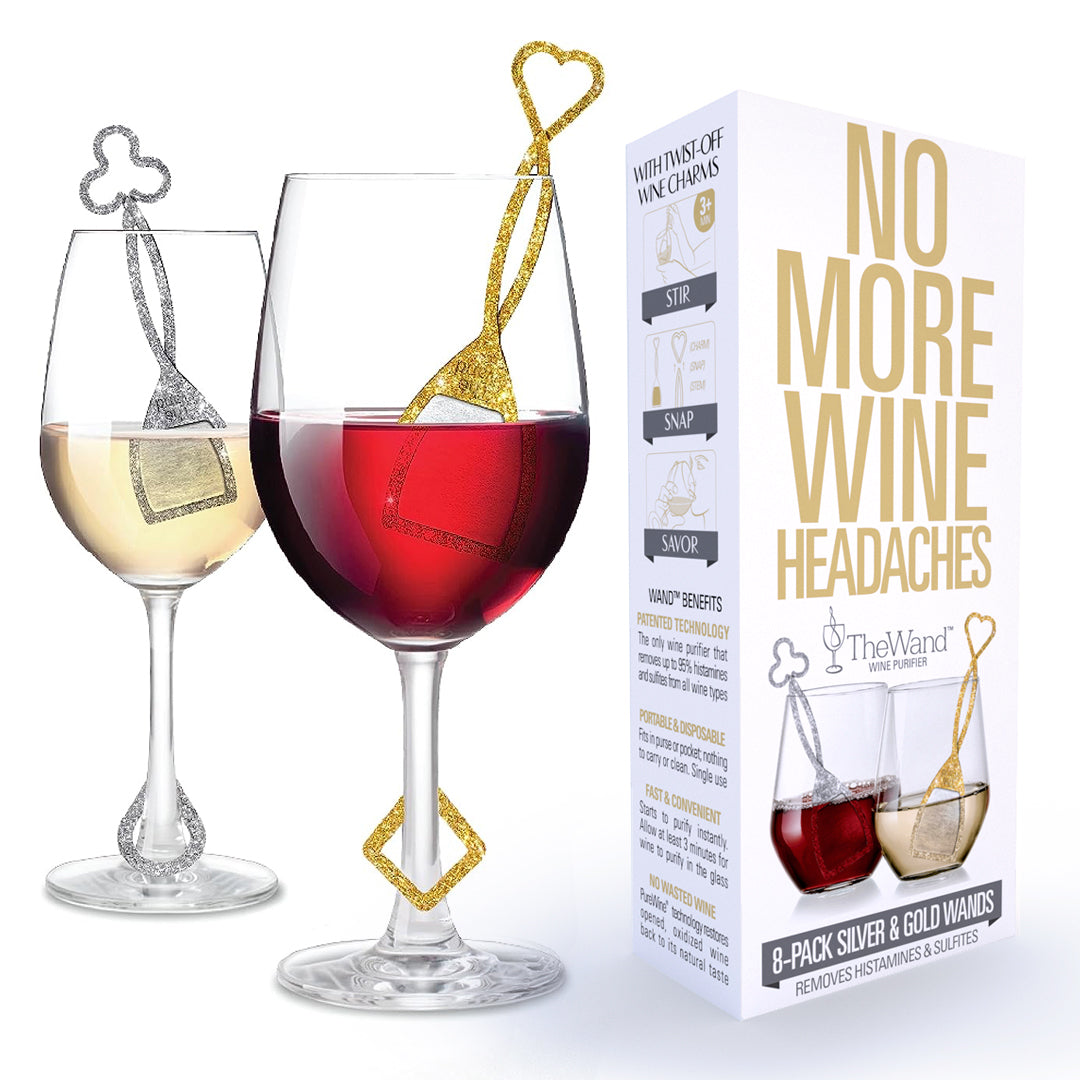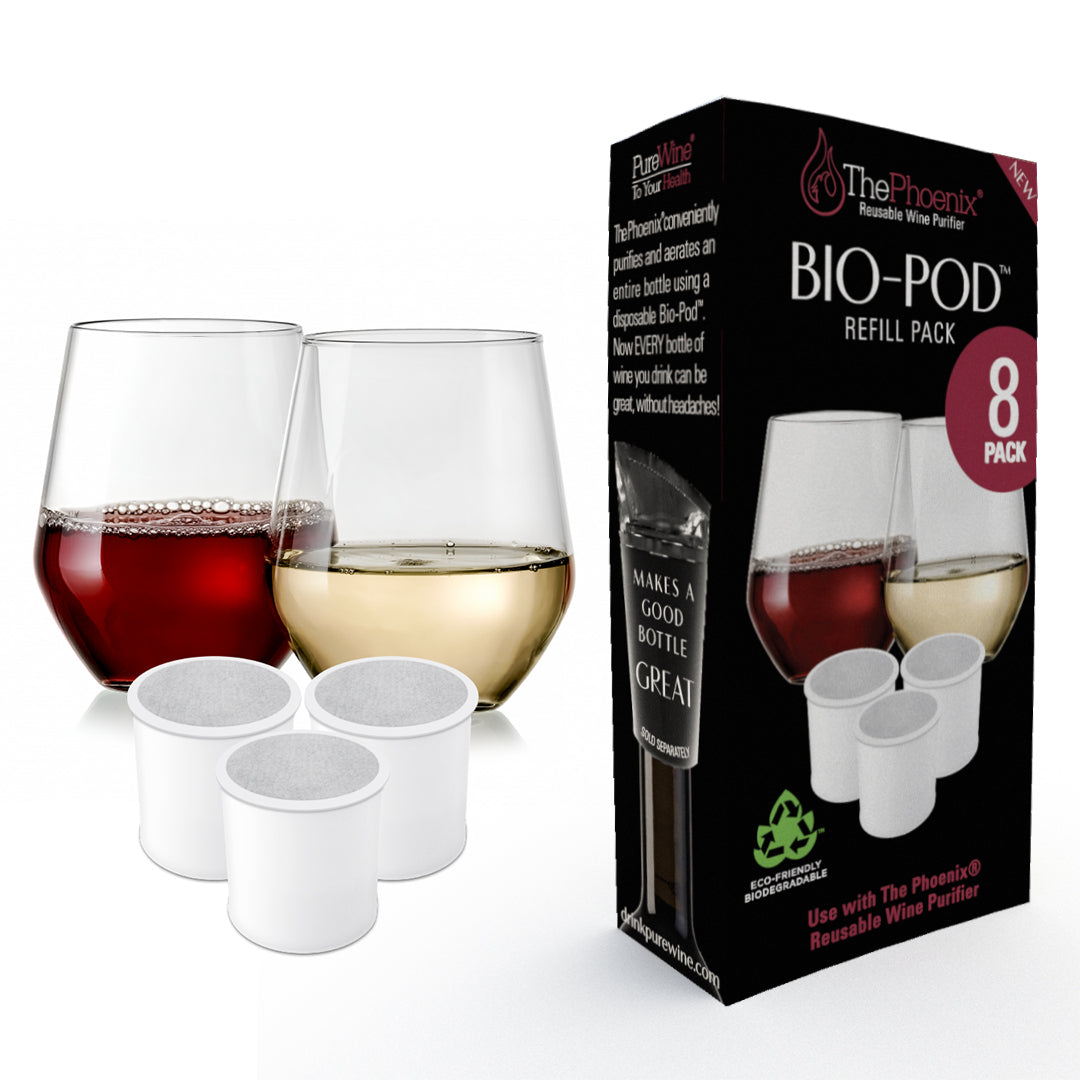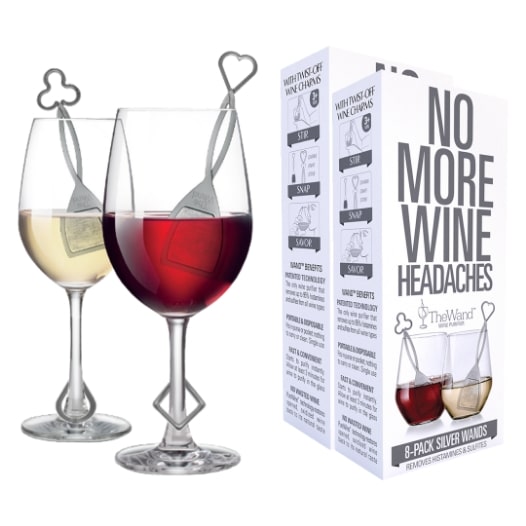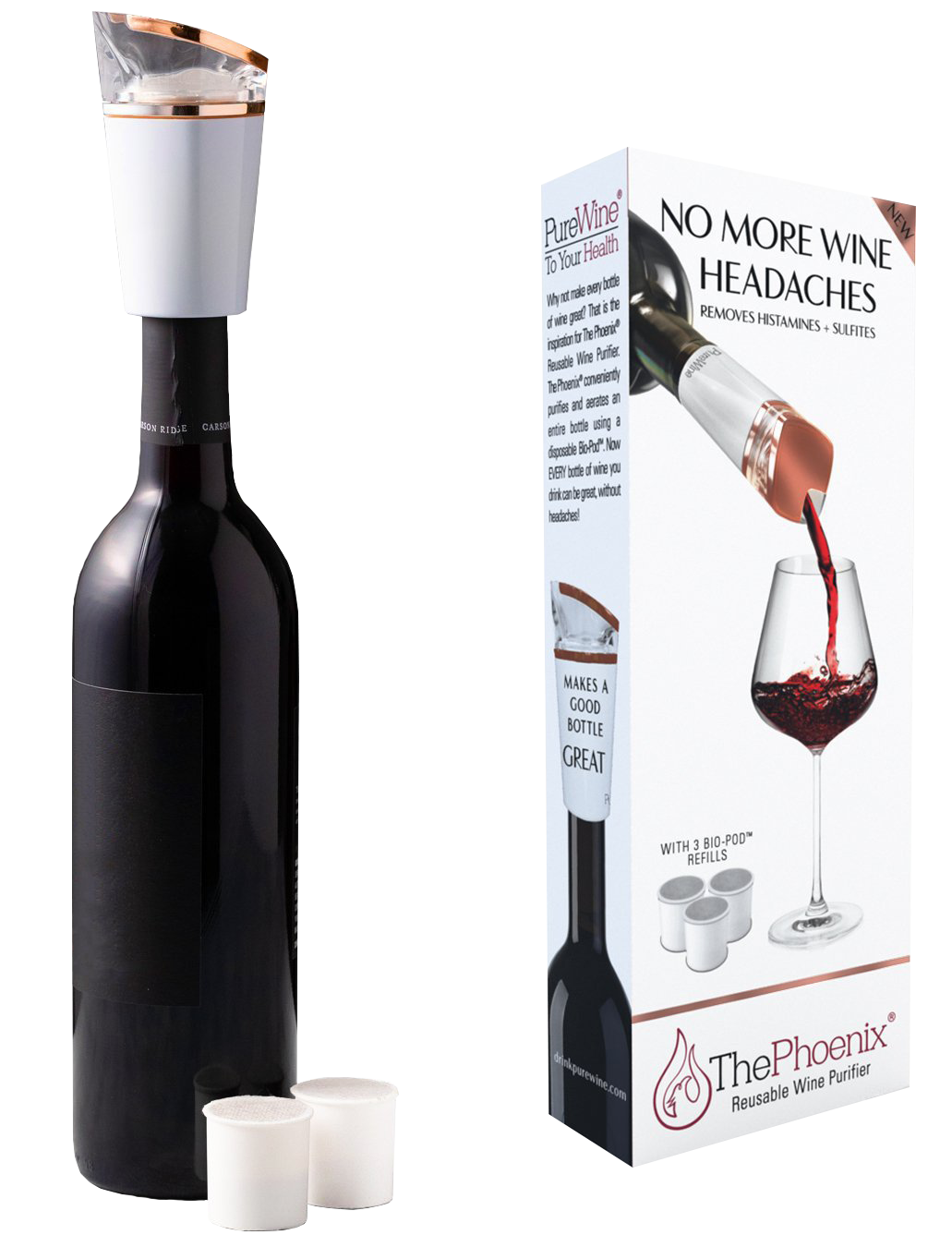Aging Wine - Answers to Common Questions
Wine is a popular drink that has been around for centuries. As time goes by, wine enthusiasts and connoisseurs have been fascinated by the idea of aging wine, and how it affects its taste, color, and texture. If you are new to the world of wine, you may have some questions about aging wine, and what makes it a desirable process. In this article, we will answer some of the most common questions about aging wine.
Why Does Wine Get Better with Age?
Wine is a complex drink, and its flavor and aroma are the result of many different chemical reactions. As wine ages, it undergoes a series of chemical changes that transform it into a more complex, smooth, and elegant drink.

Wine Oxidation
One of the main reasons why wine gets better with age is due to the oxidation process. During the aging process, wine is exposed to air, which allows it to breathe. This breathing process enables the wine to mix with oxygen, which triggers chemical reactions that help to develop its flavors, aromas, and textures.
Wine Tannins Breakdown
Another factor that contributes to the aging process is the breakdown of tannins. Tannins are compounds that give wine its bitter and astringent taste, but over time, these tannins break down and become more balanced.
Aging wine helps to smooth out rough tannins and develop a more complex flavor profile. When wine is young, it can be quite astringent and tannic, but as it ages, these bitter compounds break down, resulting in a smoother and more drinkable wine.
How Long Does It Take to Age Wine?
The length of time that it takes to age wine varies depending on several factors, including the type of wine, the winemaking style, and the storage conditions. In general, red wines are aged for longer than white wines, with some red wines aging for several years or even decades.
For example, light-bodied red wines, such as Pinot Noir, are typically aged for 2 to 3 years, while full-bodied red wines, such as Cabernet Sauvignon, are typically aged for 5 to 7 years. White wines, on the other hand, are typically aged for 1 to 2 years.
Does Wine Age in the Bottle?
Yes, wine can continue to age in the bottle. In fact, some of the most highly sought after and expensive wines are aged in the bottle for many years before they are released to the market. The process of aging wine in the bottle is known as bottle aging, and it allows wine to continue to mature and develop over time.
How Does The Cork Effect Aging Wine?
When wine is bottled, it is sealed with a cork, which creates a microclimate inside the bottle that is ideal for wine aging. The cork helps to protect the wine from the air and light, and it also allows for a slow and controlled release of oxygen into the wine, which is necessary for wine maturation.
What Wines are Best for Aging?
The best wines for aging are those that are made from high-quality grapes and are well-balanced with good acidity, tannins, and fruit flavors. Some of the most commonly aged wines include Cabernet Sauvignon, Merlot, Pinot Noir, Syrah, and Zinfandel.
Region Impact on Aging Wine

Another important factor to consider when choosing a wine for aging is the region in which the wine was produced. Wines from regions like Bordeaux, Napa Valley, Tuscany, and the Rhone Valley are known for their aging potential and are often some of the best candidates for aging. These regions have the ideal climate, soil, and winemaking traditions to produce high-quality wines that can age gracefully over time.
In general, red wines are better suited for aging than white wines, as they are more robust and contain more tannins, which help to preserve the wine over time.
Should You Age White Wine?
While white wines are typically aged for shorter periods of time than red wines, they can still benefit from aging. White wines that are aged in oak barrels can develop a more complex flavor profile and a creamier texture, and some white wines, such as Chardonnay and Riesling, can benefit from aging for several years.

However, it's important to note that not all white wines are suitable for aging. Light-bodied white wines, such as Sauvignon Blanc and Pinot Grigio, are best enjoyed young and are not recommended for aging.
How to Store Wine Without a Cellar
If you don't have access to a wine cellar, aging wine can still be possible. The key to aging wine without a cellar is to find a cool, dark, and stable environment that will protect the wine from exposure to light, heat, and fluctuations in temperature. A wine fridge or wine cooler can be an excellent option for aging wine, as it provides a controlled environment that is ideal for aging.
Aging Wine In a Closet or Pantry
Another option is to store your wine in a closet or pantry that is out of direct light and away from sources of heat. It's important to make sure that the environment is as stable as possible, with minimal fluctuations in temperature and humidity. Keeping your wine on its side can also help to minimize the amount of air that is in contact with the wine, which will help to preserve the wine and prevent oxidation.
Tips for Aging Wine Without a Cellar:
- Store wine in a cool and dark place, such as a closet or pantry, with a temperature range between 55-58°F (13-14°C).
- Keep wine bottles lying on their side to prevent the cork from drying out and allow the wine to come in contact with the air.
- Avoid light, vibration, and humidity fluctuations, which can impact the wine's aging process.
- Use a wine cooler or wine refrigerator to maintain the desired temperature and humidity levels.
- If possible, invest in a wine rack or wine cellar kit that can simulate the ideal wine storage conditions.
Aging Wine - Conclusion
Aging wine is a fascinating process that can lead to the development of new flavors and aromas, as well as a greater depth of character in the wine. Whether you're looking to age a special bottle of wine, or simply curious about how wine can change over time, the answers to these common questions about aging wine will help you to get the most out of your bottles. With the right environment, patience, and a love of wine, anyone can experience the magic of aging wine.
Photo Credits:
Photo by Laura Beames on Unsplash
Photo by Celina Albertz on Unsplash
Photo by Jonathan Skule on Unsplash
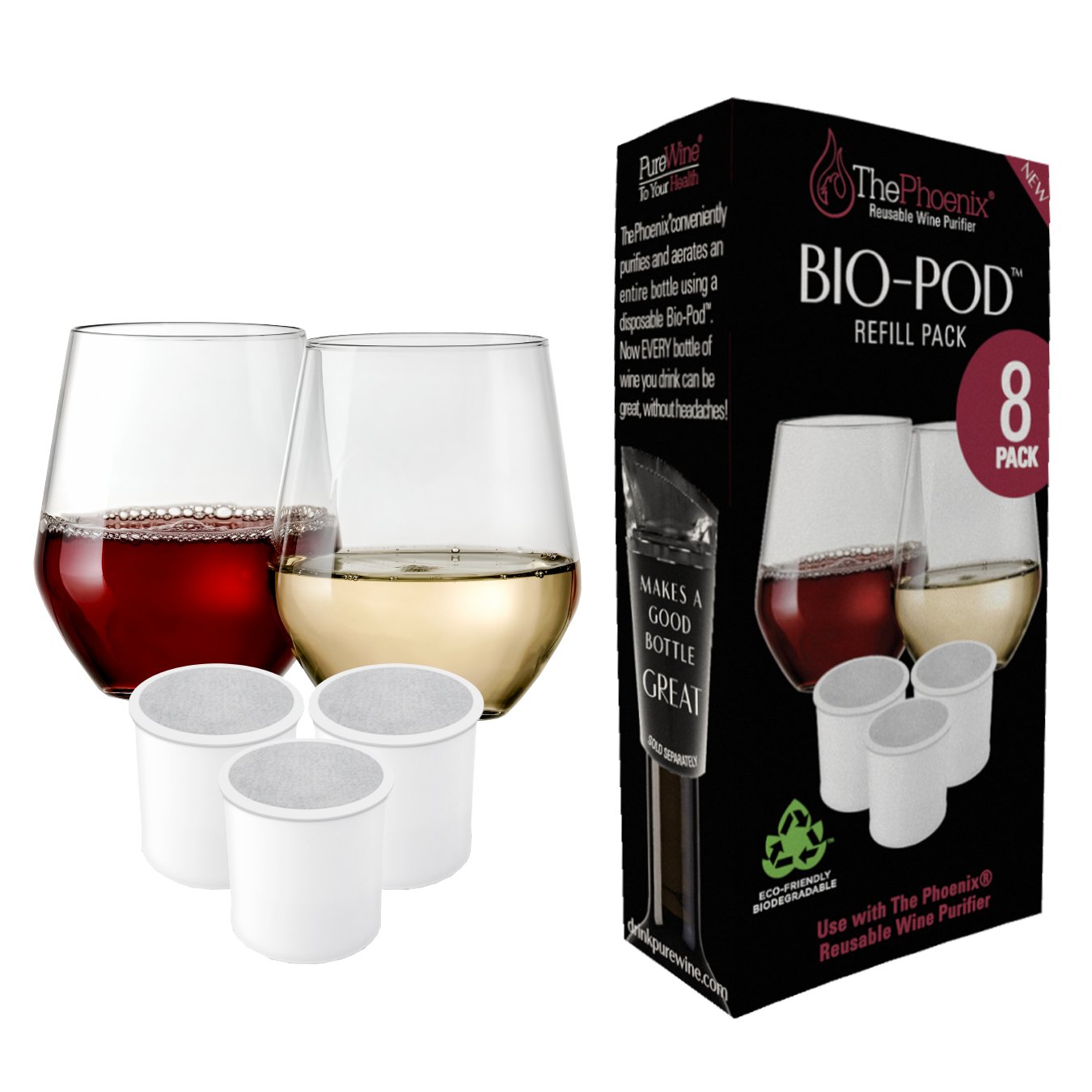
 (20 reviews)
(20 reviews)